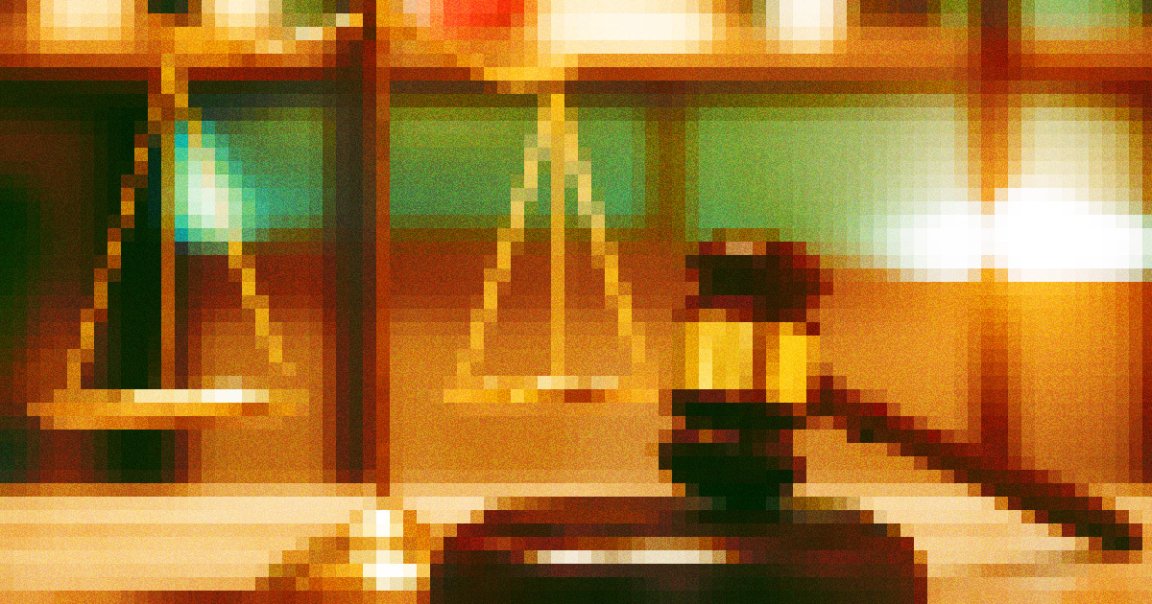
LawBot
ChatGPT’s propensity to make stuff up strikes again — and this time, it’s gotten a lawyer in deep trouble.
As described in an early May affidavit, an attorney representing a man suing an airline for an alleged injury admitted he used the AI chatbot to do research for his client’s case. Which was why, in his legal brief, he cited a bunch of court cases — all with official-sounding names like “Martinez v. Delta Air Lines” and “Varghese v. China Southern Airlines” — that never actually happened, and hence do not exist.
The attorney, Steven Schwartz of Manhattan’s Levidow, Levidow & Oberman law firm, told the court that it was the first time in his more than three-decade career that he’d used ChatGPT, so per the New York Times, “was unaware of the possibility that its content could be false.”
Schwartz even told the judge, P. Kevin Castel, that he had asked ChatGPT to verify its sources. The chatbot apparently told him the cases were real, the NYT reports.
Yes, that’s right. An experienced attorney used ChatGPT in court — and is now in huge trouble after it fabricated entire swathes of legal precedent.
Bogus
Schwartz told the court that he “greatly regrets” using ChatGPT to do his research for the case “and will never do so in the future without absolute verification of its authenticity.”
Judge Castel, however, doesn’t seem swayed, and in his May 4 order he in no uncertain terms described the gravity of the situation.
“The Court is presented with an unprecedented circumstance,” reads the judge’s order for a future hearing. “A submission filed by plaintiff’s counsel in opposition to a motion to dismiss is replete with citations to non-existent cases… six of the submitted cases appear to be bogus judicial decisions with bogus quotes and bogus internal citations.”
Next month, Castel will hold a hearing to discuss whether or not Schwartz should be sanctioned. But in the meantime, this bizarre case should hopefully act as a cautionary tale for lawyers — and everyone else — looking to experiment with ChatGPT in a professional setting.
More on AI law: OpenAI CEO Freaks Out, Threatens to Leave EU Over New Regulations